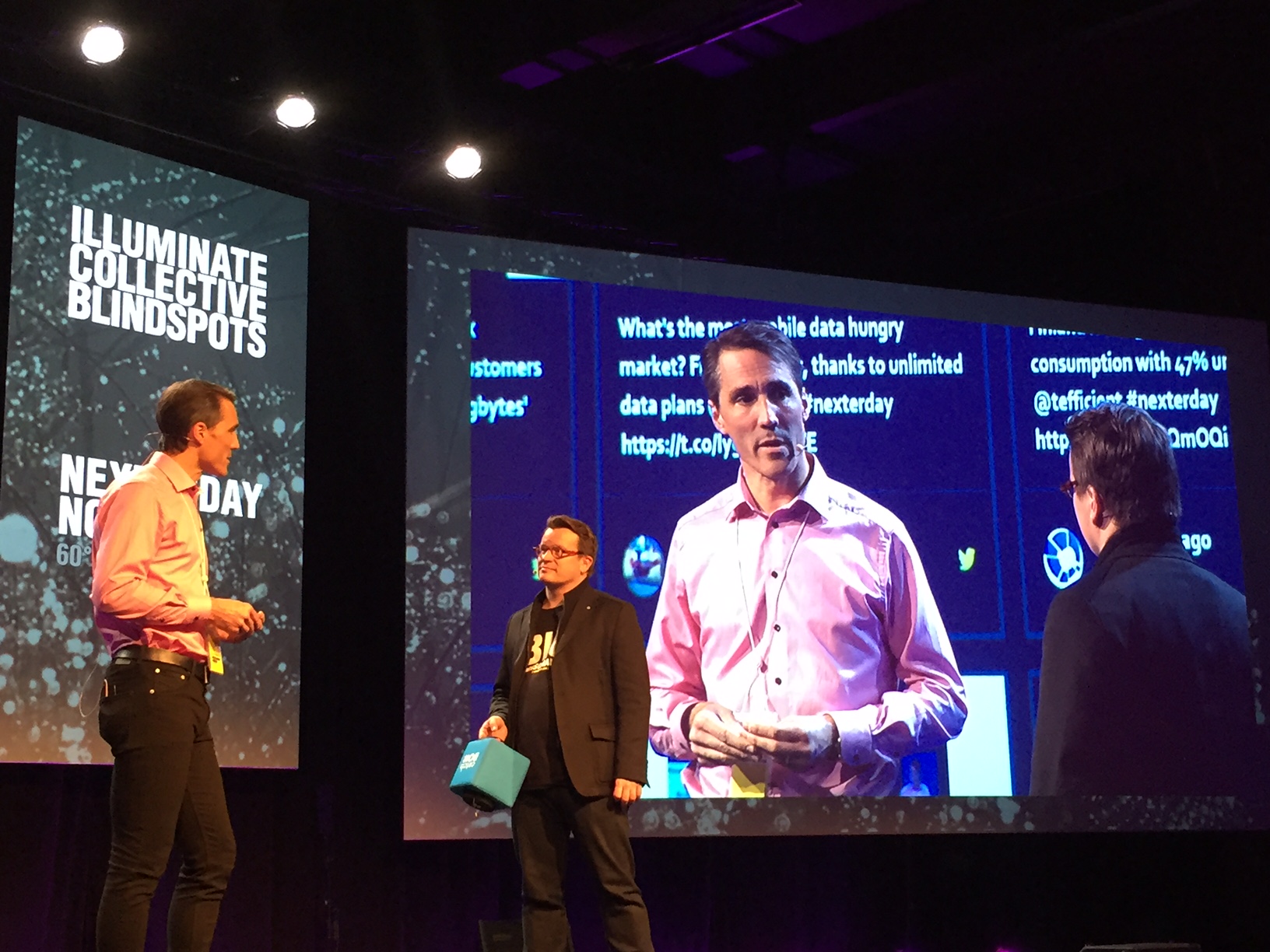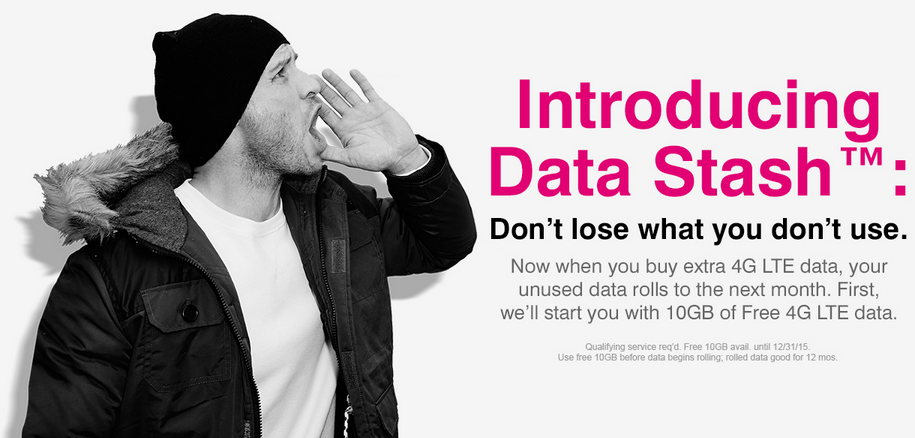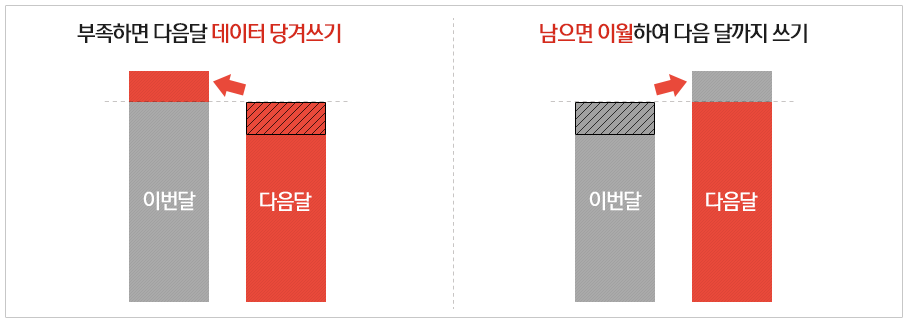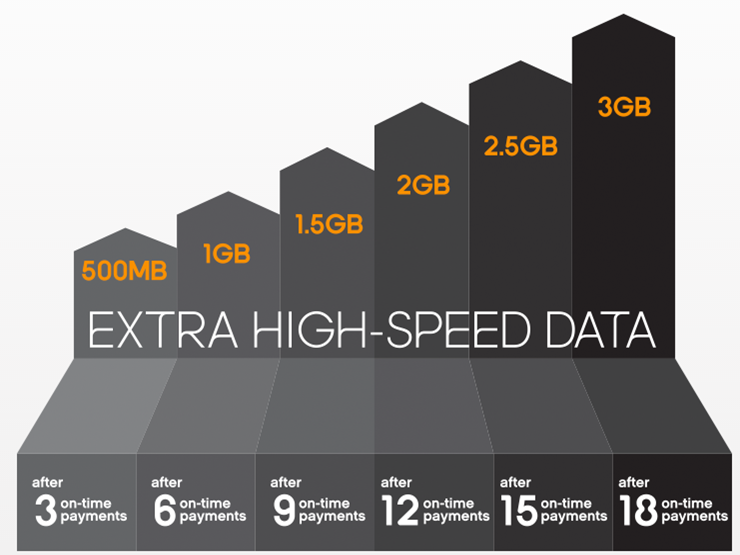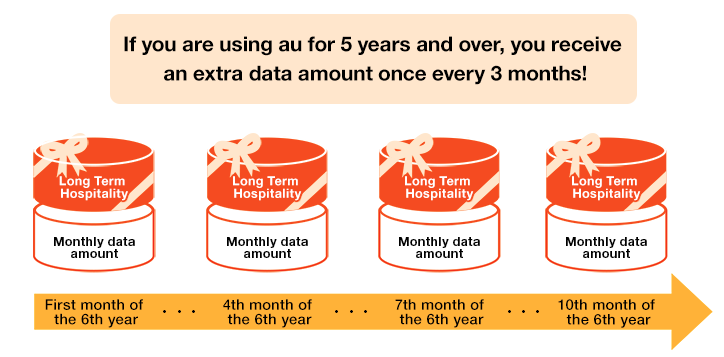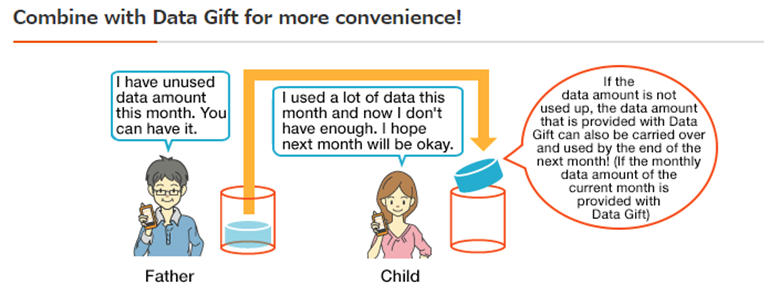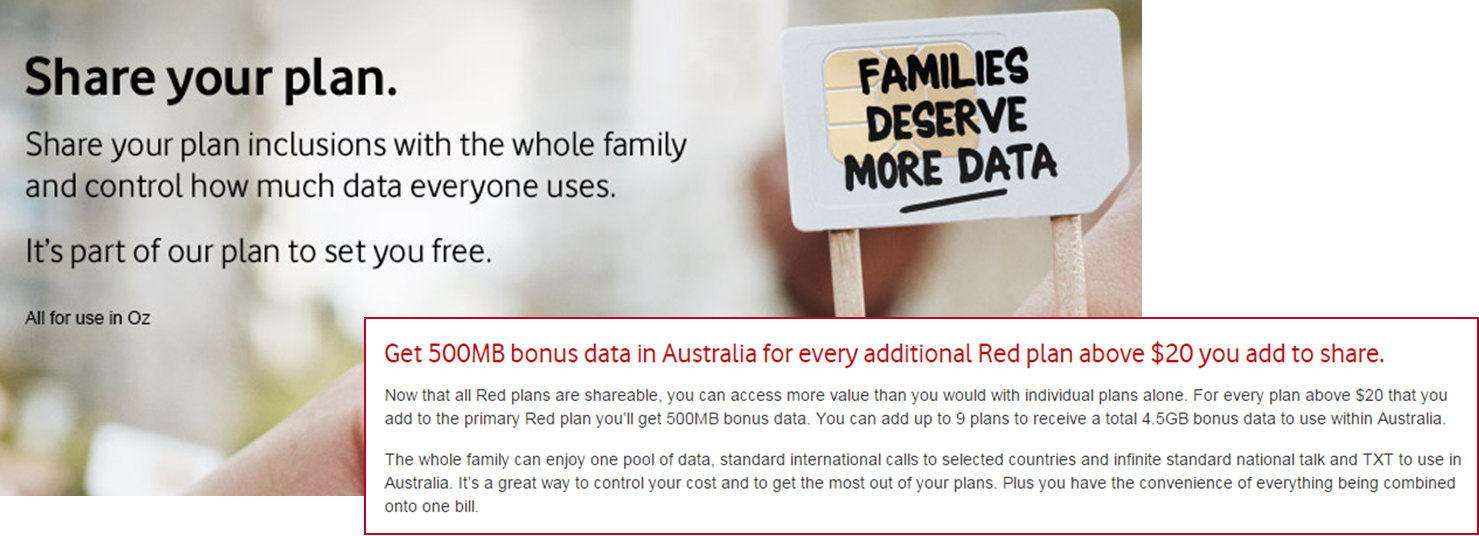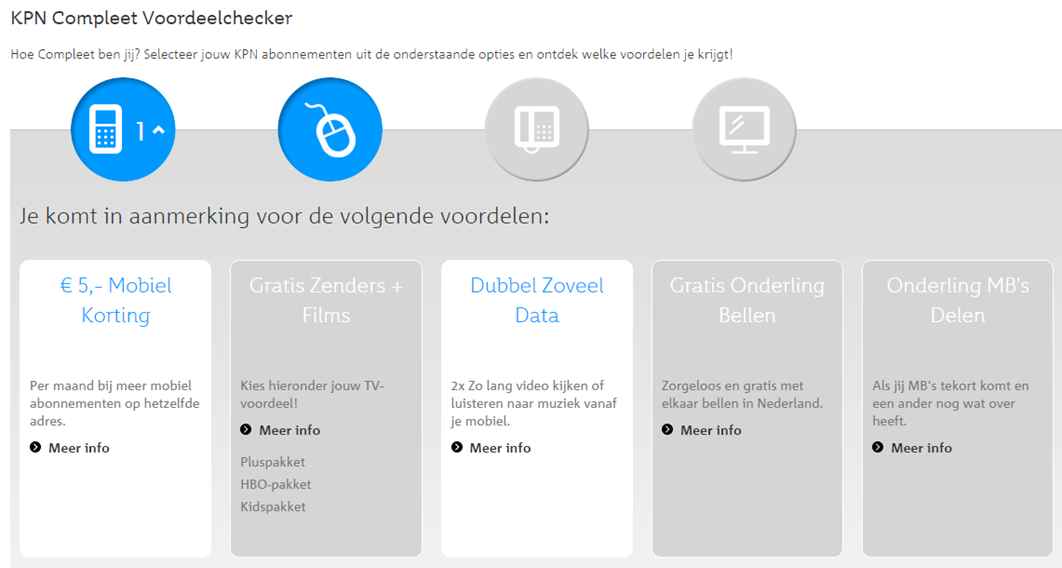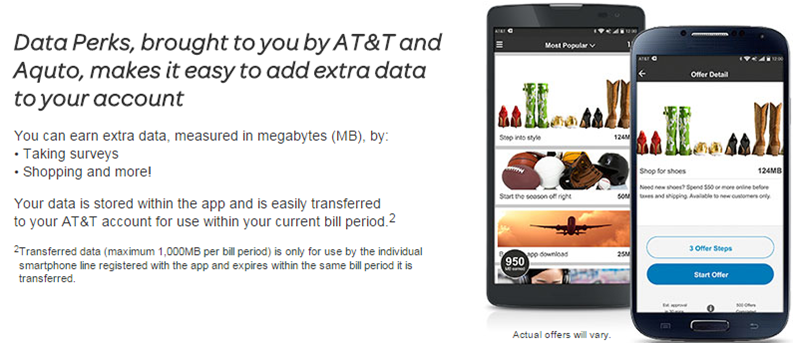Back from two mind-blowing days in Helsinki, we sense that nobody – organisers, speakers, participants – on beforehand actually had a notion of just how great the Nexterday North “anti-seminar” would turn out to be.
In a unique setting which felt rough and beautiful at the same time, brains from around the world could really share great ideas, challenge status quo and develop together.
The organiser, the BSS/OSS software specialist Comptel, has summarised the whole event well in this post.
We are proud to have had a tiny role in the preparation and execution of Nexterday North. Our concluding presentation was called: Gbyte – the new currency?
Although suggesting the per-Gbyte model needs to be challenged (and showing how), we also sampled a few cases underlining that mobile operators – and their customers – might start looking at Gbyte as the new currency:
T-Mobile: Save your unused data in a savings account
We have written about rollover data before. And before. It’s a great concept for customer loyalty since it creates a personal savings account for data.
T-Mobile’s Data Stash is perhaps the best known implementation, but T-Mobile wasn’t first with the concept: 2degrees of New Zealand and T-Mobile’s local competitor C Spire were faster to market.
Today many operator brands have rollover data: AT&T, Virgin Mobile Australia, Telfort in the Netherlands, 3 in Austria, KDDI in Japan and Telia in Sweden. And KT from Korea.
KT: Borrow data
KT’s implementation of rollover data is perhaps the most ingenious of all: You can not only rollover data to next month (right graph), you can also borrow from your own allowance of next month (left):
From a customer loyalty perspective, this is great since customers effectively commit to stay for yet a month when starting to borrow from the allowance of next month. KT calls the concept “Data Push and Pull”.
Boost: Be loyal, pay on time, be rewarded with Gbytes
Boost Mobile is a Sprint sub-brand who recently started to reward loyal customers who also pay on time with more mobile data. A simple concept which incentivises customers to stay longer and to prioritise the payments to Boost.
au: Be loyal more than 6 years, be rewarded with Gbytes
KDDI’s mobile brand au rewards super-loyal customers who have been with them for more than 6 years with more mobile data. The size of the “long term hospitality” reward depends on the size of your regular plan.
au: Give away Gbytes to family members
And while with KDDI’s au, one way of making sure that extra data is used is to give it to one of your family members.
Also in this “Data Gift” example, Gbytes substitute money.
Vodafone: Add SIMs to share plan, be rewarded with Gbytes
Vodafone in Australia rewards customers who add another SIM (device or user) not with a discount, but with 0,5 Gbyte of monthly bonus data – up to a maximum of 4,5 Gbyte. The data can be shared.
KPN: Add fixed to mobile, be rewarded with Gbytes
Customers to KPN can themselves test to see what benefits they get if they become Compleet customers. A mobile customer who e.g. decides to also take fixed broadband from KPN is rewarded with a doubling of the mobile data allowance.
KPN isn’t the perfect example any longer, though: This autumn KPN started to also give a discount of 5 EUR. So Gbyte isn’t the only currency any longer.
AT&T: Answer surveys or shop, be rewarded with Gbytes
AT&T rewards customers who are willing to answer surveys or shop via certain partners not with a discount, but with extra data.
So is Gbyte the new currency?
These eight examples show that Gbytes start to substitute money in various use cases globally. But where most people have a sense of the value of money, too few people have a sense of the value of a Gbyte of mobile data. Consequently, our industry needs to find new monetisation models for mobile data which can enhance and complement the per-Gbyte model.
We share the view of Comptel that time-based data monetisation might prove to be the most powerful complement.
In Nexterday North, Comptel launched their FWD solution for operators so they can sell and monetise “the full internet, in small chunks”.
Time is money. Right?

